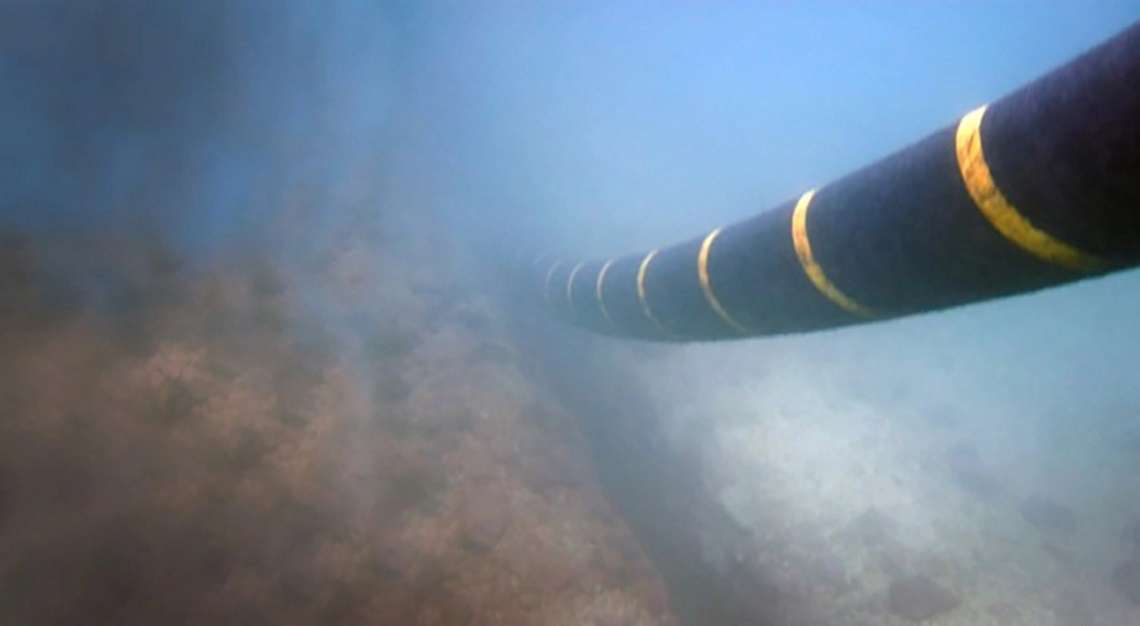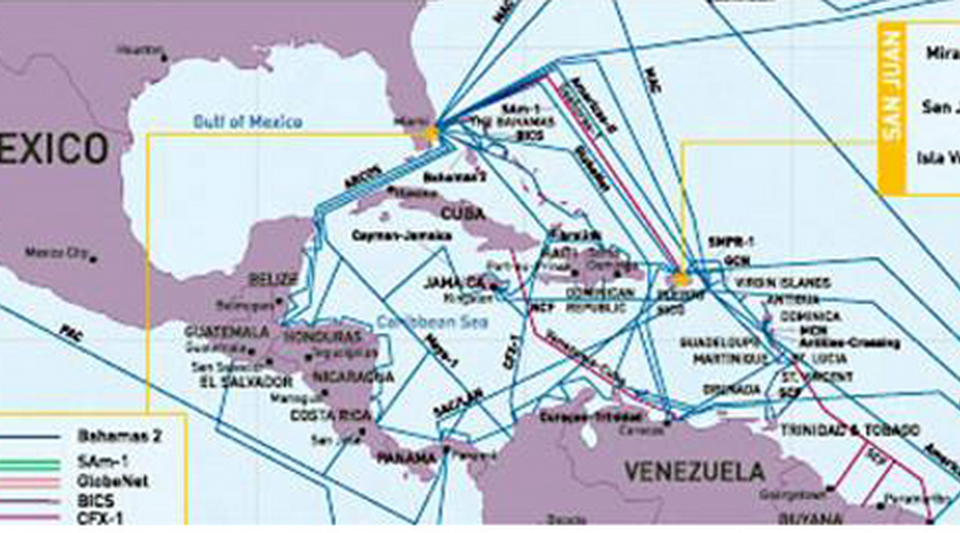The Justice Department of the United States recommended this Wednesday to the Federal Communications Commission (FCC) to deny a permit for the installation of the first cable submarine telecommunications network that would connect the US with Cuba.
The Cuban government represents a “counterintelligence threat” to the US and, since the state communications company Etecsa would manage the cable landing system, Havana could “access sensitive US data traveling through the new cable segment.” , explained the US Justice in a statement cited by the agency efe.
The US presents a project for a submarine cable to join Europe and Asia at the G7
“As long as the Government of Cuba continues to be a counterintelligence threat to the United States and is allied with others who do the same, the risks to our infrastructure are simply too great,” Deputy Homeland Security Attorney Matthew G. Olsen said in a statement. .
According to the Department of Justice, Cuba’s relations with other “foreign adversaries” such as China or Russia represent a risk for the Government if such a connection existed.
Olsen pointed out that the US, however, “supports the existence of a secure, reliable and open Internet network around the world, including Cuba.”
The ARCOS-1 USA Inc. underwater cable system applied to the FCC to adapt its network to include the first and only connection of its kind between the US and Cuba.
The ARCOS-1 network connects 24 landing points in 15 countries on the continent, including the US, Venezuela, Colombia, Panama, Nicaragua and Mexico.
The US has criticized the Cuban government for limiting the internet access on the island, especially after the protests that broke out on the island in the middle of this year. Havana, for its part, maintains that the embargo imposed by the US governments has prevented it from accessing any of the dozens of cables that pass near its coasts.
Efe/OnCuba.















